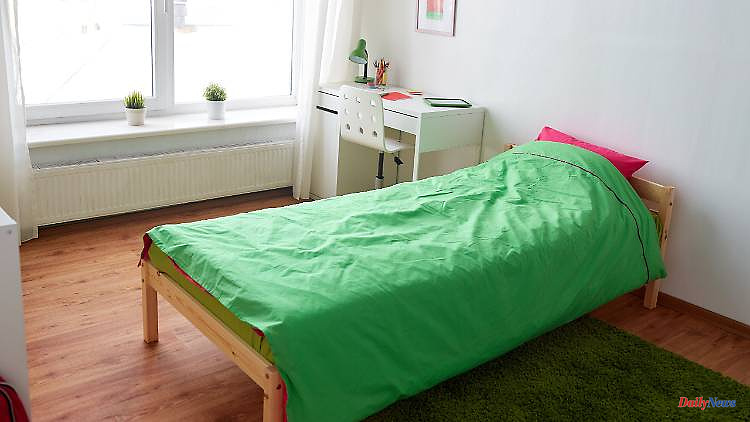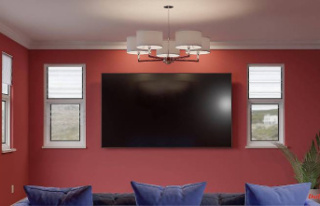If you look at real estate portals, you will quickly see, especially in larger cities, that many of the apartments on offer are rented out furnished. The boom is mainly due to the more flexible pricing of rental prices. And they go through the roof quickly.
Furnished apartments enable flexible temporary living and are particularly interesting for students, commuters or temporary workers. Increasingly, however, they are also being offered for long-term rental.
However, this trend also has disadvantages for tenants. It's not just that you can't decorate the apartment according to your own taste. Tenants of such offers often pay significantly more than they have to.
According to a study by the real estate research institute FB, the proportion of furnished apartments has more than doubled between 2014 (8.3 percent) and 2021 (18.3 percent). This is especially the case in big cities. Here, up to 50 percent of all apartments are now offered furnished on real estate portals such as Immoscout or Immonet. Another reason why the offer of furnished living space is so popular is that the tenants usually do not stay long-term. This allows landlords to increase the rent again more frequently.
However, landlords cannot increase the rental price at will, even for furnished apartments. This is ensured by the rental price brake, which has been in place for some time in large cities such as Hamburg, Berlin or Munich and which also applies to furnished apartments. The net cold rent may therefore only be ten percent higher than is customary in the area. However, there are also exceptions. The rental price brake does not apply if the apartment is only rented for a limited period. However, the period of residence that is only temporary is not specified by law. The rental price brake does not apply to new buildings from 2014 either. And landlords take advantage of that.
As a rule, the tenants pay a flat rate for the apartment on offer, which includes the net cold rent, the operating costs and the furnishing surcharge. Sometimes other items such as the broadcasting fee or a cleaning fee are also included in the rental price. However, tenants only find out how much the furniture in the furnished apartment really cost after the contract has been signed. There is no right to information beforehand. This means that the costs of the individual pieces of furniture do not have to be shown in the rental agreement. This is exactly why there can be nasty surprises for the tenants at the end. The Munich broker Brigitta Jabri doesn't believe in this trend at all: "When I look at some furnished apartments, I think they're bulky furniture that nobody needs," she tells BR24.
According to the Civil Code, tenants can only inquire about the individual costs after the contract has been concluded, but only if there is a suspicion of violating the rent control. A furniture surcharge of around two percent of the value in use is currently set by the court. This means that if the apartment was furnished for 5000 euros, for example, tenants have to pay 100 euros a month for the furniture.
Since rent policy is a matter of federal policy, the states alone can hardly intervene legally to protect tenants from the increased prices of many furnished apartments. At the request of NDR Info, the Federal Ministry of Building announced that the traffic light coalition currently has no plans to close the legal gaps in the letting of furnished apartments. However, the Federal Ministry of Justice is examining in a research project whether there is currently any need for regulation.
What this means in plain language: Currently, the existing legal gaps in the rental price brake for furnished apartments and short-term rentals are not being closed. It is therefore still possible for landlords to offer overpriced housing. So tenants still have little opportunity to check whether the rent they pay is reasonable at all.
(This article was first published on Sunday, September 18, 2022.)












